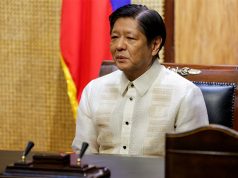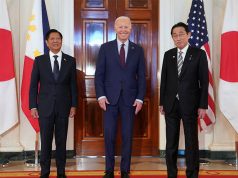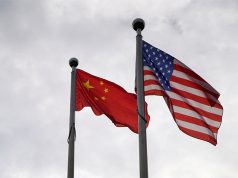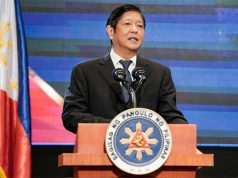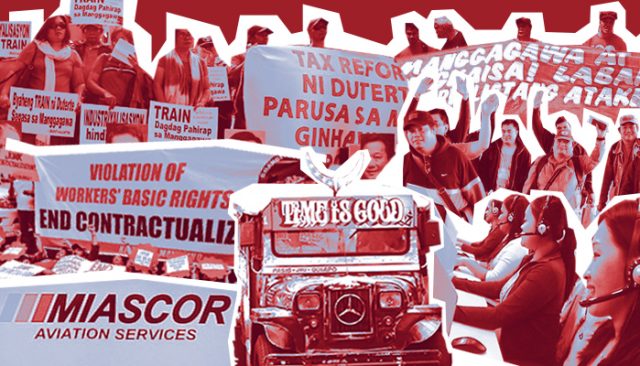
(Updated May 4, 2018, 9:53 a.m.) The president’s signing of an executive order as thousands of labor groups protested on May 1 failed to appease workers’ woes to end contractualization in the country.
Labor groups voiced out their frustrations on the streets, while others took theirs to social media.
Among the reactions, former solicitor general Florin Hilbay enumerated on Twitter last April 30 the major labor-related issues of the current administration.
THE DUTERTE EFFECT ON LABOR
ending "endo" is dead; 30K jobs lost in Boracay; 260K jobs in Kuwait hanging in the air; 4K Miascor jobs gone; no clear plan for drivers in transpo modernization plan; fishing rights in Scarborough Shoal unenforced; BPO industry slowing down; TRAIN!
— florin hilbay (@fthilbay) May 1, 2018
1. Unemployment due to Boracay closure
Over 30,000 workers in Boracay lost income after the island was closed off from tourists for six months supposedly for its much-needed rehabilitation.
Prior to the closure, no detailed plan was issued to address the impending revenue and job losses during the rehab period.
2. Diplomatic mistakes that endanger OFWs’ jobs
The growing diplomatic dispute between the Philippines and Kuwait left more than 260,000 overseas Filipino workers uncertain of their physical and professional security.
President Duterte imposed a deployment ban to the Arab country in February following the discovery of the body of a Filipino worker in a freezer there. While the government said it would be a temporary policy which will be lifted once there is an agreement with Kuwait, Duterte said it is permanent.
3. Pilfering that led to the termination of Miascor employees
Last January, long-time aviation service provider Miascor lost the trust of key airports in the country, and in turn, left nearly 4,000 people jobless after a luggage thief incident that earned the ire of the president.
4. Unfortunate effects of TRAIN law
The government’s Tax Reform for Acceleration and Inclusion law may be a win for some, but others argue it as ill-conceived in relation to the low-income Filipinos and the poor.
Several voices have pointed out that the poorest families without taxes are the ones that would be most affected by the increase of prices of basic goods. As of Friday, inflation or the general increase in prices against the value of money accelerated at 4.5 percent—the fastest in five years and beyond the ceiling government projected.
5. A hole in the plan for drivers in jeepney modernization
The Department of Transportation’s Public Utility Vehicle Modernization Program orders the slow phaseout of jeepneys of at least 15 years old to make way for the modernized version.
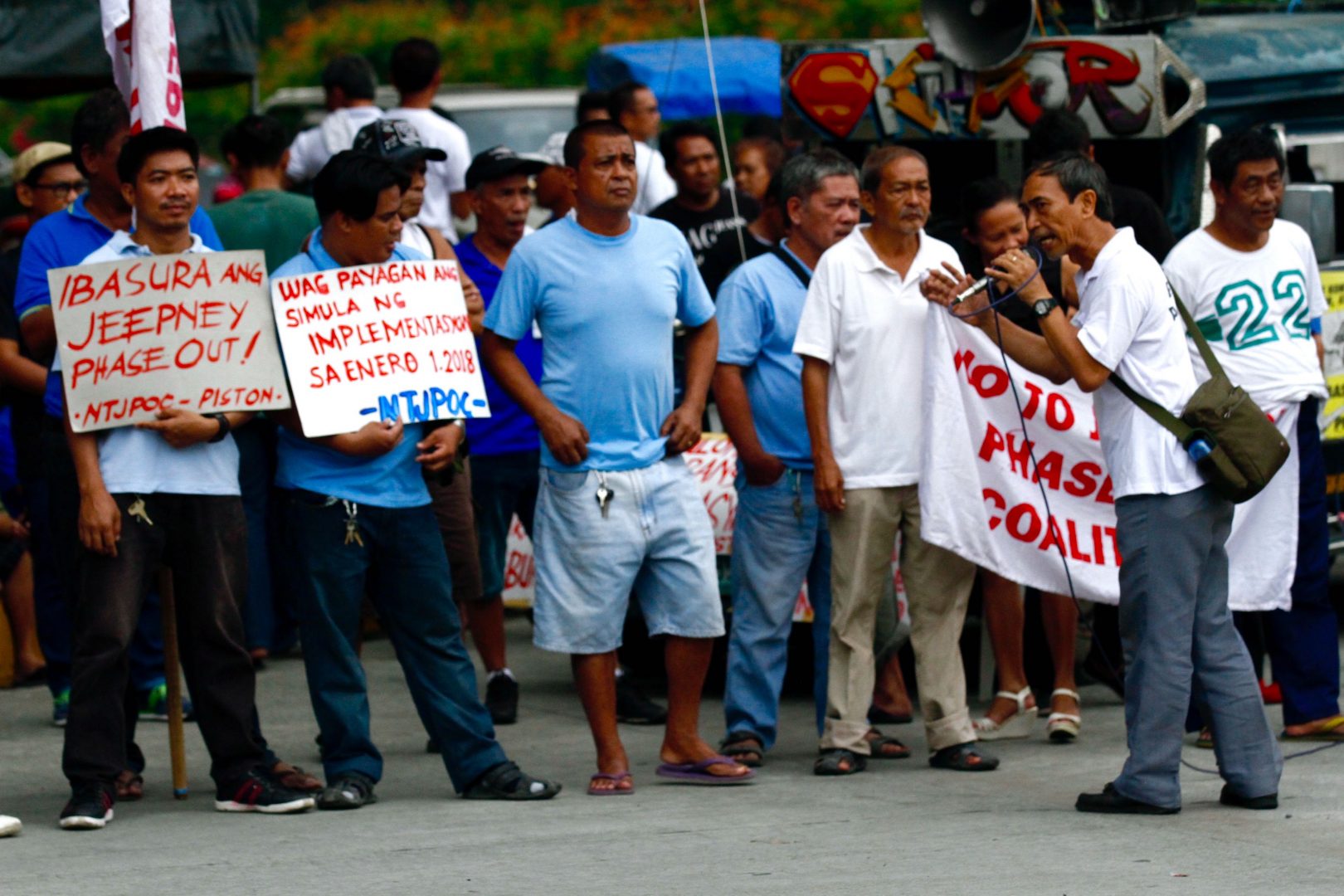
Government said there would be subsidies affected drivers and operators can avail of through loans. But transport groups have argued that such loans favor big jeepney operators over independent drivers.
6. Fishermen afraid of China’s civilian force
The arbitral tribunal that ruled in favor of the Philippines in 2016 declared the Scarborough shoal—which the Philippines calls Panatag—an open fishing ground to be enjoyed by fishermen in the region.
But since China deployed its coast guard in the area, fewer Filipino fishermen have returned to Scarborough. Despite President Duterte’s closer ties with Beijing, no assurances have been made to allow them to benefit from the newfound friendship.
7. BPO industry slowing down
The Asian Development Bank stated in a report that Philippine universities are not producing graduates who are competitive enough for higher positions in the business process outsourcing sector.
There are also lingering fears over fleeing BPO investments due to US President Trump’s impending penalties against businesses that invest offshore and Duterte’s anti-US rhetoric.
8. The ‘endo’ problem that does not end
Partido ng Manggagawa stated that they were “dismayed” with the president’s executive order and that they’re in for another “waiting game.”
Aside from the EO, Duterte also ordered the Congress to enact a law that will amend the current labor code.
Meanwhile, others on social media pointed out that the EO is apparently useless because it merely reiterates what was in Article 106 of the labor code.
One user, ABS-CBN journalist Lynda Jumilla, took the time to post two versions that the labor groups’ want and Duterte’s own.
The 2 endo draft EOs differ only in their section 2. Labor version in red highlight, business/employers version in blue.
Business objected to phrase “direct-hiring as the norm.” pic.twitter.com/Jjsf3MeioU
— Lynda Jumilla-Abalos (@lyndajumilla) May 1, 2018




